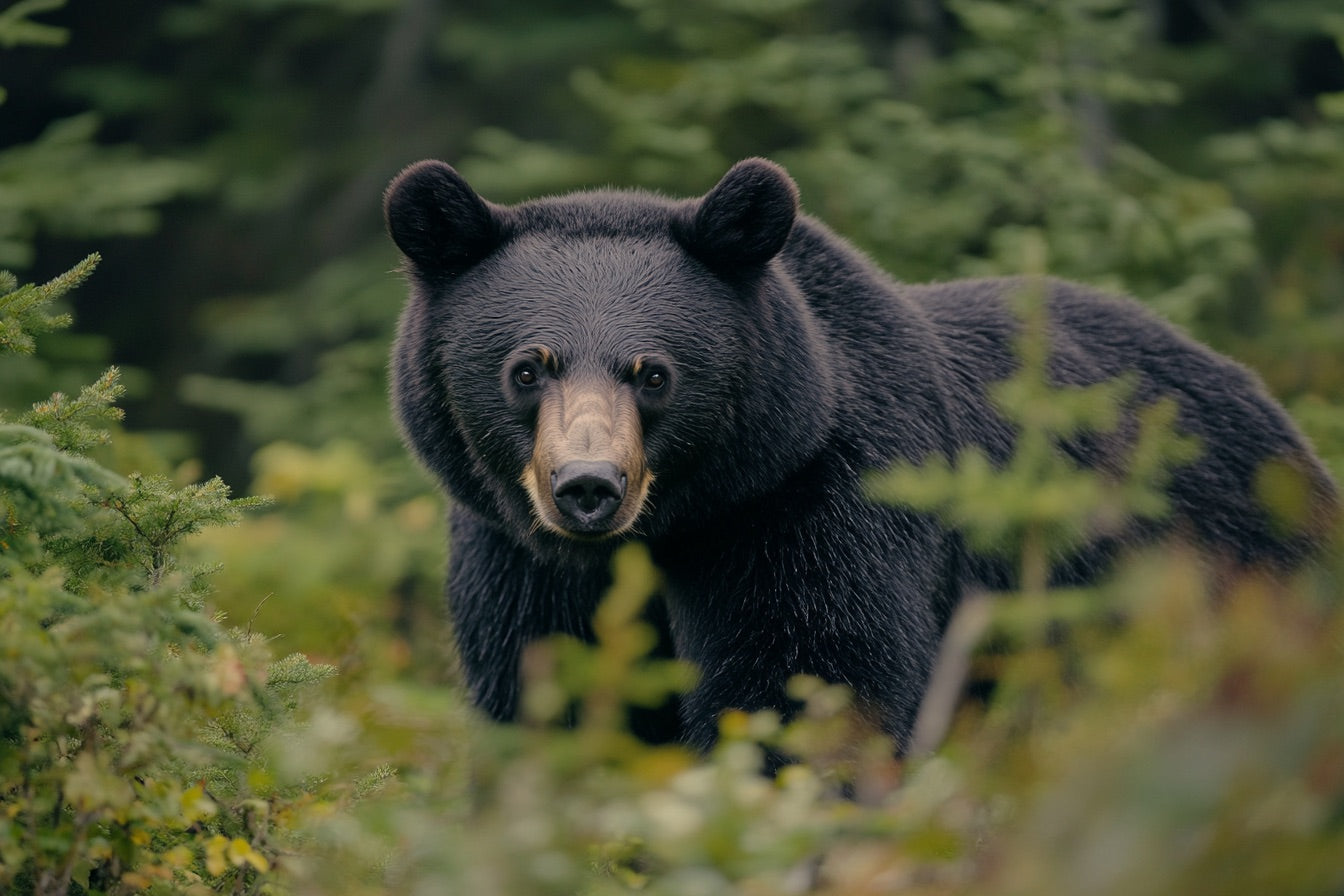Michigan is home to a diverse range of wildlife, and encountering animals in the state's parks can be a breathtaking experience. Whether you're hiking through the Upper Peninsula or exploring one of the many nature preserves in the Lower Peninsula, you're bound to come across everything from deer and foxes to black bears and bald eagles. However, these encounters come with responsibilities, as Michigan law is strict about protecting wildlife from harassment. Understanding these laws is crucial for ensuring both human and animal safety.
Michigan Laws on Wildlife Protection
Michigan law provides strong protections for wildlife in state parks and other natural areas. The Michigan Department of Natural Resources (DNR) enforces regulations to ensure that animals can continue to thrive in their natural habitats without human interference.
Illegal Activities Involving Wildlife
According to Michigan law, it is illegal to harass, feed, or interfere with wildlife in state parks. Specifically, the law prohibits the following actions:
- Feeding Wildlife: Offering food can disrupt animals' natural foraging behavior and make them reliant on humans.
- Chasing or Scaring Animals: Harassing wildlife by intentionally disturbing them can cause undue stress and disrupt their daily activities.
- Approaching Dangerous Species: Getting too close to large mammals like bears or moose can be life-threatening for both humans and animals.
- Using Drones: Many state parks have banned drones because they can disturb nesting birds and other wildlife.
Penalties for Violations
Violating Michigan's wildlife protection laws can result in hefty fines, criminal charges, and even jail time in severe cases. Misdemeanor charges for harassing wildlife can result in:
- Fines ranging from hundreds to thousands of dollars.
- Potential jail time, depending on the severity of the offense.
- Permanent bans from certain state parks.
Why Michigan Protects Its Wildlife
Michigan’s wildlife protection laws exist to maintain the delicate ecosystems within the state’s parks. Here’s why these laws are crucial:
Preserving Natural Behavior
When animals become accustomed to humans, their natural hunting, gathering, and migration patterns can be disrupted. This can lead to dependency on humans, something that can backfire when food is no longer consistently available.
Preventing Animal Attacks
Encounters between humans and wildlife can sometimes turn dangerous. Feeding or closely approaching animals like bears, coyotes, or elk can provoke defensive behavior, leading to serious injuries.
Protecting Future Generations
Many of Michigan’s animals are already at risk due to habitat loss and climate change. Protecting them from unnecessary human interaction ensures their populations stay healthy for future generations to appreciate.
How to Responsibly Enjoy Michigan’s Wildlife
The best way to enjoy Michigan’s wildlife is from a safe and respectful distance. Here are some guidelines for responsible wildlife encounters:
Keep a Safe Distance
Always keep a distance of at least 100 yards from large predators like bears and wolves, and follow signage regarding wildlife safety. If an animal appears to change its behavior because of your presence, you are too close.
Do Not Feed Animals
Resist the temptation to feed any wildlife, even small animals like squirrels and birds. Feeding animals can make them aggressive and create problems for both visitors and park staff.
Follow Park Regulations
Before visiting a Michigan state park, familiarize yourself with the area's specific regulations regarding wildlife protection. Many parks offer information at visitor centers or on official signs posted along trails.
What To Do If You're Charged with Wildlife Harassment
If you've been accused of violating Michigan’s wildlife laws, it’s essential to take the charge seriously. Many people don’t realize that even unintentional behavior, like feeding a deer or chasing away a raccoon, can result in legal trouble.
Defending yourself against wildlife harassment charges requires an understanding of the law and how it applies to your specific case. Possible defenses can include:
- Showing that the incident was accidental and not intentional.
- Proving that you were falsely accused due to misinterpretation of events.
- Demonstrating that you were acting in self-defense if an animal posed a threat.
If you're facing charges, having an experienced criminal defense attorney can help protect your rights. Contact Boria Law at (734) 453-7806 for a free consultation and legal advice.
Conclusion
Michigan’s state parks offer incredible wildlife experiences, but they also come with a responsibility to respect and protect animal populations. The state takes wildlife harassment seriously, and violating these laws can lead to significant legal consequences.
By keeping a safe distance, following park regulations, and respecting Michigan’s natural habitats, you can ensure that encounters with wildlife remain safe and legal. If you find yourself facing a charge related to wildlife harassment, don’t navigate the legal system alone—reach out for professional help to protect your rights.


Share:
Is Office March Madness Gambling Illegal in Michigan? Your Guide to the Laws and Regulations
Can You Get Arrested for Not Shoveling Snow? Understanding Michigan's Sidewalk Clearance Laws and Municipal Regulations